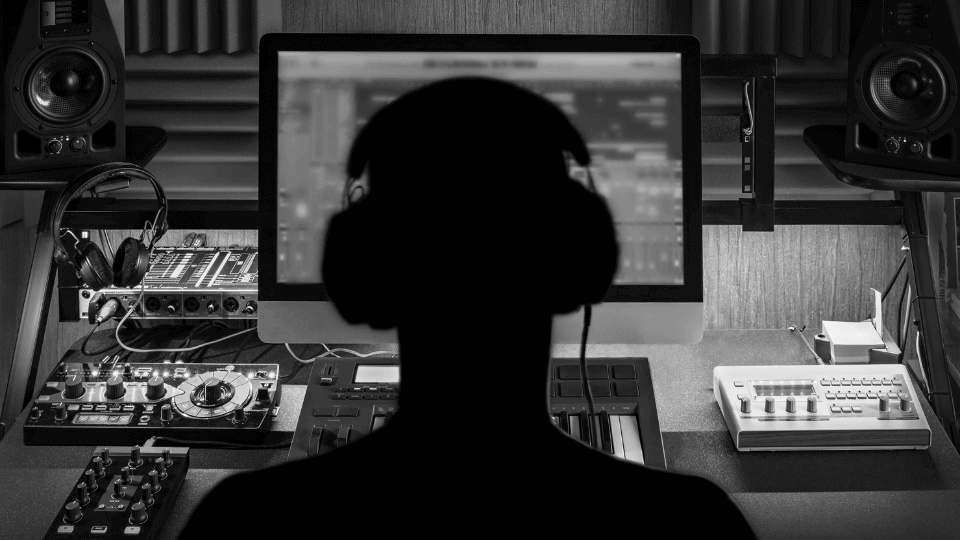What is Music Copyright?
Music copyright is a legal concept that grants the creator of original musical works exclusive rights to use and control their work. This means that the creator has the right to decide who can use their music and how it can be used. Music copyright law is designed to protect the interests of music creators and ensure that they are fairly compensated for their work.
Using Music in Podcasts
Using music in podcasts can be a tricky business, especially when it comes to copyright. If you use music in your podcast without permission, you can be sued for copyright infringement, which can lead to hefty fines and legal fees. Therefore, it is essential to understand the legal landscape of music copyright before using music in your podcast.
Types of Music Copyrights
There are two types of music copyrights: composition and sound recording. Composition copyright protects the lyrics and melody of a song, while sound recording copyright protects the recording of a performance of a song. To use music in your podcast, you need to obtain permission from both the copyright owner of the composition and the copyright owner of the sound recording.
Obtaining Permission to Use Music
To obtain permission to use music in your podcast, you need to contact the copyright owner of the composition and the copyright owner of the sound recording. The copyright owner of the composition is usually the songwriter or music publisher, while the copyright owner of the sound recording is usually the record label or the artist.
One way to obtain permission to use music is to license it from a music licensing company. Music licensing companies act as intermediaries between music copyright owners and users, such as podcasters. They offer licenses that allow podcasters to use music in their podcasts for a fee.
Another way to obtain permission to use music is to use music that is in the public domain. Public domain music is music that is no longer protected by copyright and can be used freely. However, it is essential to make sure that the music you use is in the public domain before using it in your podcast.
Fair Use
Fair use is a legal doctrine that allows the use of copyrighted material without permission from the copyright owner under certain circumstances. Fair use is a complex and often misunderstood concept, and it is not a blanket permission to use copyrighted material.
To determine whether the use of copyrighted music in your podcast qualifies as fair use, you need to consider the purpose and character of the use, the nature of the copyrighted work, the amount and substantiality of the portion used, and the effect of the use on the potential market for the copyrighted work.
Career and Education
Understanding music copyright for podcasting is essential for anyone pursuing a career in the podcasting industry. As the podcasting industry continues to grow, it is becoming increasingly important to know how to navigate the legal landscape of music copyright. Therefore, if you are interested in pursuing a career in podcasting, it is essential to educate yourself on music copyright and other legal aspects of podcasting.
Key Takeaways
- Music copyright is a legal concept that grants exclusive rights to music creators.
- Using music in podcasts without permission can lead to copyright infringement.
- There are two types of music copyrights: composition and sound recording.
- Obtaining permission requires contacting both the copyright owner of the composition and sound recording.
- Music licensing companies provide licenses for podcasters to use music for a fee.
- Public domain music can be used freely, but ensure its copyright status.
- Fair use is a complex doctrine that allows limited use of copyrighted music under certain circumstances.
- Understanding music copyright is crucial for a successful career in podcasting.
If you want to learn more about the music industry and other legal aspects of the industry, consider taking the NYU x Billboard | Music Industry Essentials online course and certificate program. This program is designed to give you a comprehensive understanding of the music industry and help you launch your career in the industry.








